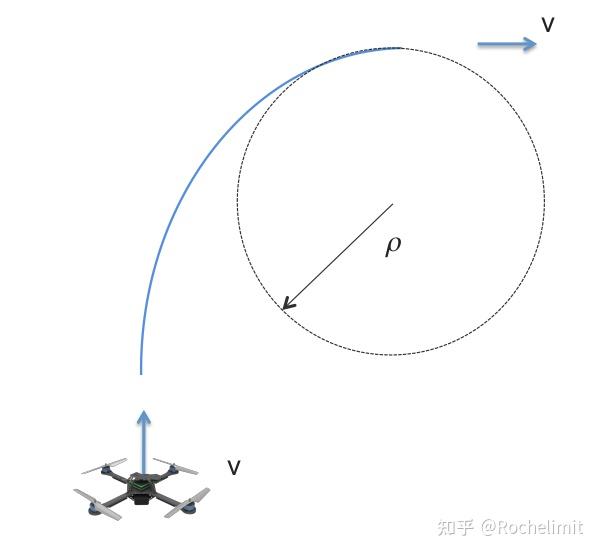|
The Industrial Internet of Things (IIoT) is a groundbreaking technology that is revolutionizing industries across the globe. Combining advanced sensors, machines, and connectivity, IIoT is transforming traditional industrial processes into smarter, more efficient systems. In this article, we will explore the key concepts and potential benefits of the Industrial Internet of Things. At its core, IIoT refers to the integration of physical industrial devices with networked sensors and software applications. This enables real-time data collection, analysis, and remote control of various industrial processes. By connecting machines and systems, IIoT opens up a world of possibilities for automation, predictive maintenance, and optimization. One of the primary advantages of IIoT is its ability to enhance operational efficiency. With real-time data collection and analytics, businesses can gain valuable insights into their operations. They can monitor equipment performance, detect anomalies, and identify areas for improvement. By optimizing processes, companies can reduce downtime, minimize costs, and increase productivity. IIoT also brings significant advancements in predictive maintenance. Traditional approaches to maintenance are often based on fixed schedules or reactive responses to failures. However, with IIoT, businesses can implement condition-based maintenance strategies. Sensors embedded in machinery continuously monitor performance, allowing for timely maintenance interventions before any major breakdowns occur. This leads to improved equipment uptime, decreased repair costs, and increased overall equipment effectiveness. Furthermore, IIoT enables remote monitoring and control of industrial systems. Through centralized dashboards and mobile applications, operators can access real-time data and remotely manage equipment from anywhere in the world. This capability has proven especially valuable during the COVID-19 pandemic, as it allows for reduced on-site personnel and ensures business continuity. Data security and privacy are essential considerations in the context of IIoT. As more devices become interconnected, the risk of cyber threats increases. Therefore, implementing robust security measures is crucial. This includes secure data transmission, encryption techniques, and access control mechanisms to protect sensitive information. Looking ahead, the Industrial Internet of Things holds immense potential for various industries. In manufacturing, it can lead to smart factories with autonomous systems and seamless supply chain integration. In energy, IIoT can enable smart grid management, optimizing energy consumption and enhancing renewable energy integration. Similarly, in transportation and logistics, IIoT can improve fleet management, route optimization, and real-time tracking. In conclusion, the Industrial Internet of Things is reshaping the future of technology in numerous industries. By leveraging advanced connectivity, data analytics, and automation, IIoT offers businesses unprecedented opportunities for efficiency, cost savings, and innovation. As more organizations embrace this transformative technology, we can expect to see new possibilities emerge, driving us towards a smarter and more interconnected world.  |
